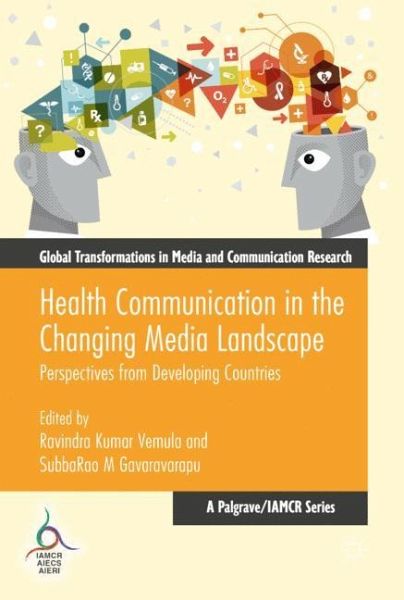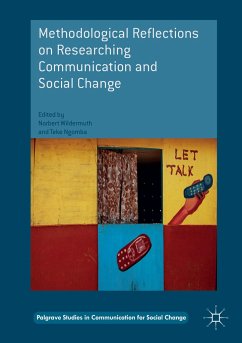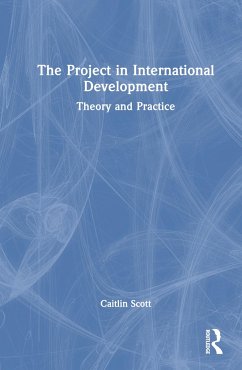
Health Communication in the Changing Media Landscape
Perspectives from Developing Countries
Herausgegeben: Vemula, Ravindra Kumar; Gavaravarapu, SubbaRao M.

PAYBACK Punkte
42 °P sammeln!
This book advances new understandings of how technologies have been harnessed to improve the health of populations; whether the technologies really empower those who use information by providing them with a choice of information; how they shape health policy discourses; how the health information relates to traditional belief systems and local philosophies; the implications for health communicators; how certain forms of silence are produced when media articulates and problematizes only a few health issues and sidelines others; and much more. The book brings together current research and discus...
This book advances new understandings of how technologies have been harnessed to improve the health of populations; whether the technologies really empower those who use information by providing them with a choice of information; how they shape health policy discourses; how the health information relates to traditional belief systems and local philosophies; the implications for health communicators; how certain forms of silence are produced when media articulates and problematizes only a few health issues and sidelines others; and much more. The book brings together current research and discussions on the three areas of policy, practices and theoretical perspectives related to health communication approaches in developing countries, presenting well-researched and documented essays that will prove helpful for academic and scholarly inquiry in this area.












